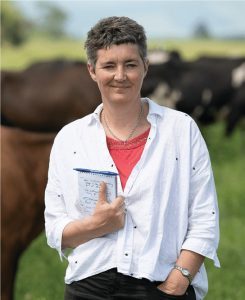Everything about life seems easier when you get enough sleep!
There is a reason that sleep deprivation was a torture technique used in many wars over past centuries. The body needs sleep to survive – to repair itself and perform essential biological functions – without enough sleep cognitive function suffers and the immune system gets stressed so you get sick more often.
It is one thing remembering the brain fog of sleep deprivation from having a baby in the house and a whole other thing to try and sleep and not be able to. Whether it is caused by underlying stress or anxiety about something that’s going on – it is one of the most frustrating things to be lying there and your brain whirring away not being able to relax and nod off.
Harriet Bremne
r has some great tips in our Wellbeing column this month of strategies to help you settle into a good sleep at night.
As she says, fatigue and good decision making don’t go hand in hand and when you are really tired things can go wrong very quickly, because your brain is elsewhere and very busy.
So if you have been having trouble sleeping, settle down with a glass of warm milk – or a handful of almonds (it’s the protein), after a hot bath and have a read of this one (p.74).
Recognising the importance of everyone getting more sleep is one reason many farmers across the country have embraced flexible milking routines, and there are lots of other reasons too.
We drill down into th
e practice in the special report this month, and find it’s been revolutionary for some farmers – with many all over the country combining different milking frequency regimes through a season to better capture efficiencies of labour, farm logistics and time management and having equal benefits for the people – with stable weekends and more sleep-ins, meaning it is easier to attract and retain staff.
Farm Wise consultant Brent Boyce says it’s about specifically targeting the frequency of milk harvests per day to coincide with the quantity of milk being produced so that the same total amount of milksolids can be harvested through the season (pg43).
There has been a seismic shift over the past 10 years as the options and research has evolved.
Of course there are pros and cons for all the different regimes and we answer a few FAQS on page 48.
Change is never easy but if you can harvest almost as much milk with fewer milkings and lower costs in the shed, better for cow condition and for staffing and staff wellbeing, maybe 2021 is the year to have a look at making a change?






